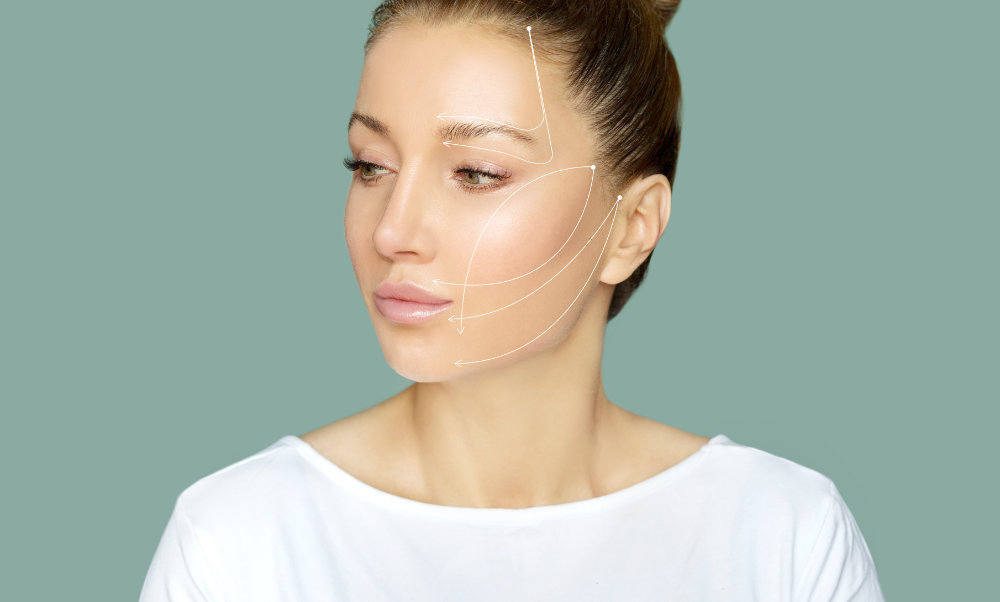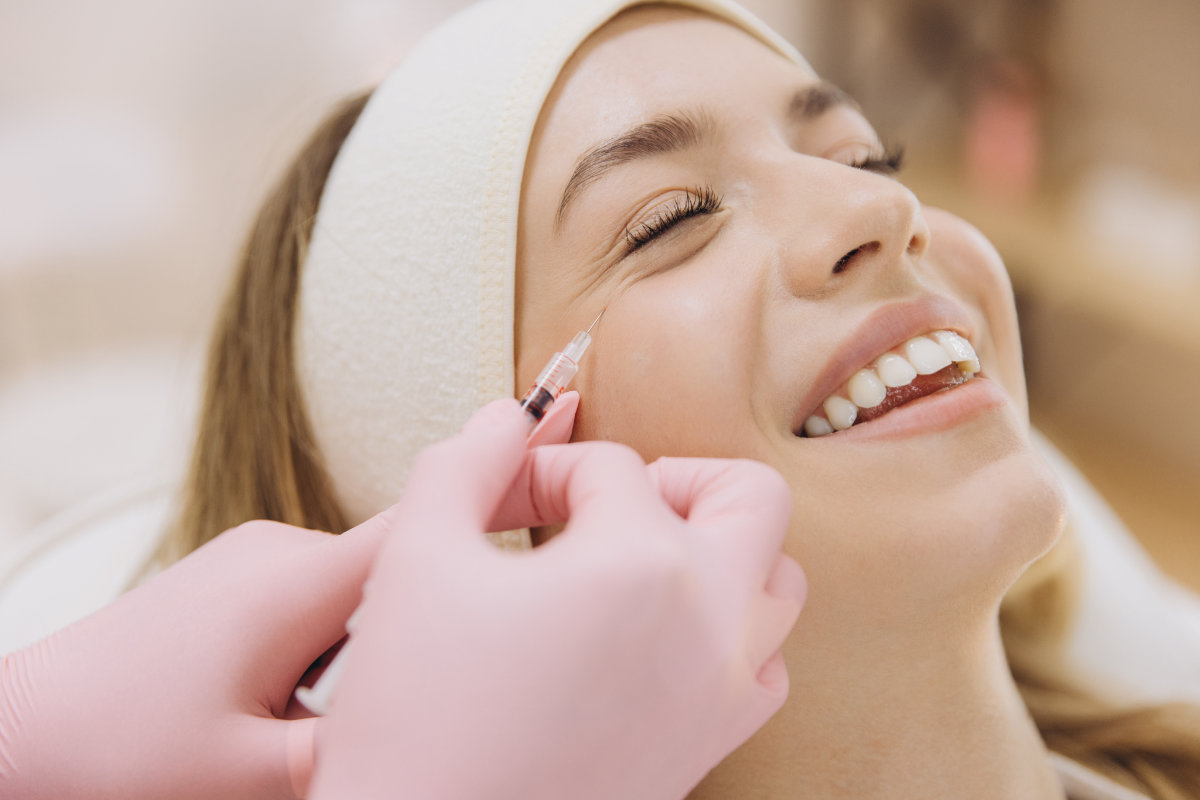Lip twitching is caused by a miscommunication between the lip nerve and the muscles it regulates. Without doing anything, someone with a twitching lip will often notice fast motions or shaking sensations in their lip. This article discusses the causes and treatment for lip twitching.
What Causes Lip Twitching?
Lip twitching can be caused by various factors, some of which are everyday habits. Since the lips are independent of one another, twitching normally happens in either the upper or lower lip. Some of the causes of lip twitching are listed below: Excess Caffeine If you drink over three cups of coffee each day and have at least five of the following symptoms, you may have caffeine intoxication, which can cause lip twitching:
- Twitching of muscles
- Excitement
- Hyper energetic
- Restlessness
- Insomnia
- Increased urination
- Nervousness
- Rambling speech
- Upset stomach, nausea, or diarrhea
- Rapid heartbeat
- Psychomotor agitation
You’ll need to minimize your caffeine intake to reduce the twitching Potassium Deficiency Potassium is required for the efficient transmission of nerve messages throughout the body. A potassium deficiency could wreak havoc on the muscles, causing spasms and cramps all over the body, including the lips. Potassium shortage is treated by including potassium-rich foods in your diet. See Also: What Should You Never Do after Getting a Thread Lift? Certain Medications Muscle twitching is a side effect of certain drugs such as steroids and estrogens, which are known to cause twitching. Therefore, using any prescription or over-the-counter medication that lists fasciculation as a side effect can cause your lip to twitch. Switching to different medicine is the simplest treatment for twitching induced by medication. Alcohol Neuropathy Drugs and alcohol can cause severe nerve damage and impact brain function. You may develop alcoholic neuropathy if you’ve consumed large amounts of alcohol or drugs over a lengthy period and are experiencing face muscle spasms such as lip twitching. Bell’s Palsy Bell’s palsy is characterized by facial muscular weakening or paralysis. Although each case is unique, Bell’s palsy can make it difficult for a person to move their nose, lips, or eyelids. People experiencing Bell’s palsy may also feel twitching and weakness on one side of their face. The causes of Bell’s palsy are unknown to doctors, but it’s thought to be associated with the oral herpes virus. Parkinson’s Disease Parkinson’s disease is a neurological condition characterized by tremors, stiffness, and slow movement. It’s a degenerative disease, which means it grows worse over time. Slight tremors of the lower lip, chin, hands, or legs are common early indications of Parkinson’s disease. Tourette’s Syndrome Tourette’s syndrome is a neurological disorder that generates tics in both motor and speech areas. Tics are uncontrollable and can make everyday life difficult. The specific etiology of the disorder is unknown. However, a combination of genetic and environmental factors is thought to be involved. Amyotrophic Lateral Sclerosis (ALS) Lou Gehrig’s disease, also known as Amyotrophic lateral sclerosis (ALS), is a brain disease that damages the nerves and spinal cord. Twitching, slurred speech, and muscle weakness are the first signs. ALS is a terminal degenerative disease. A spinal tap and electromyography can both be used to diagnose ALS. Lou Gehrig’s disease has no cure, although two medications can help treat symptoms: riluzole (Rilutek) and edaravone (Radicava). Besides the above symptoms, increased stress or trauma from a past injury can also cause lip twitching.
Treatment
Since lip twitching is a motor symptom, doctors can easily notice the tremors you’re having. Your doctor may do a physical exam to check additional symptoms to determine what’s causing the problem. Your doctor may also inquire about your habits, such as how often you use coffee or alcohol. If you have no additional symptoms, you may need to undergo certain tests such as blood tests, urinalysis, and MRI or CT scans to make a diagnosis. See Also: Plasma Pen vs. Botox – Which Is Better?
When to See a Doctor?
Lip twitching can be unpleasant or even concerning for some people. It’s recommended to visit a doctor if lip twitching comes with other symptoms or does not go away after cutting out caffeine and reducing stress. A doctor will usually conduct a physical examination and inquire about the patient’s lifestyle and eating habits. If no additional physical symptoms exist, a doctor may proceed with the diagnosis by ordering imaging, blood, or urine tests. Early detection is key if a more serious disorder is causing your lip twitching. At The Youth Fountain, our skilled skin experts and healthcare team can provide effective lip twitching treatment. We use a combination of lifestyle changes and therapies like the best Botox treatment available to mitigate your lip twitching. Our team consists of the best Botox specialist in Freehold, New Jersey, who can effectively alleviate your lip twitching. Contact us or visit our website for further information.



